Imagine a creature that can solve puzzles, taste with its skin, shape-shift at will, and even edit its own genetic code. It sounds like something from a science fiction novel, but it lives right beneath the waves—octopuses. These ocean dwellers are so astonishingly different from anything else on Earth that some scientists wonder if their existence is a bizarre accident of evolution. Their bodies and minds are so strange, so out of place, that the question lingers: are octopuses an evolutionary fluke?
The Alien of the Ocean
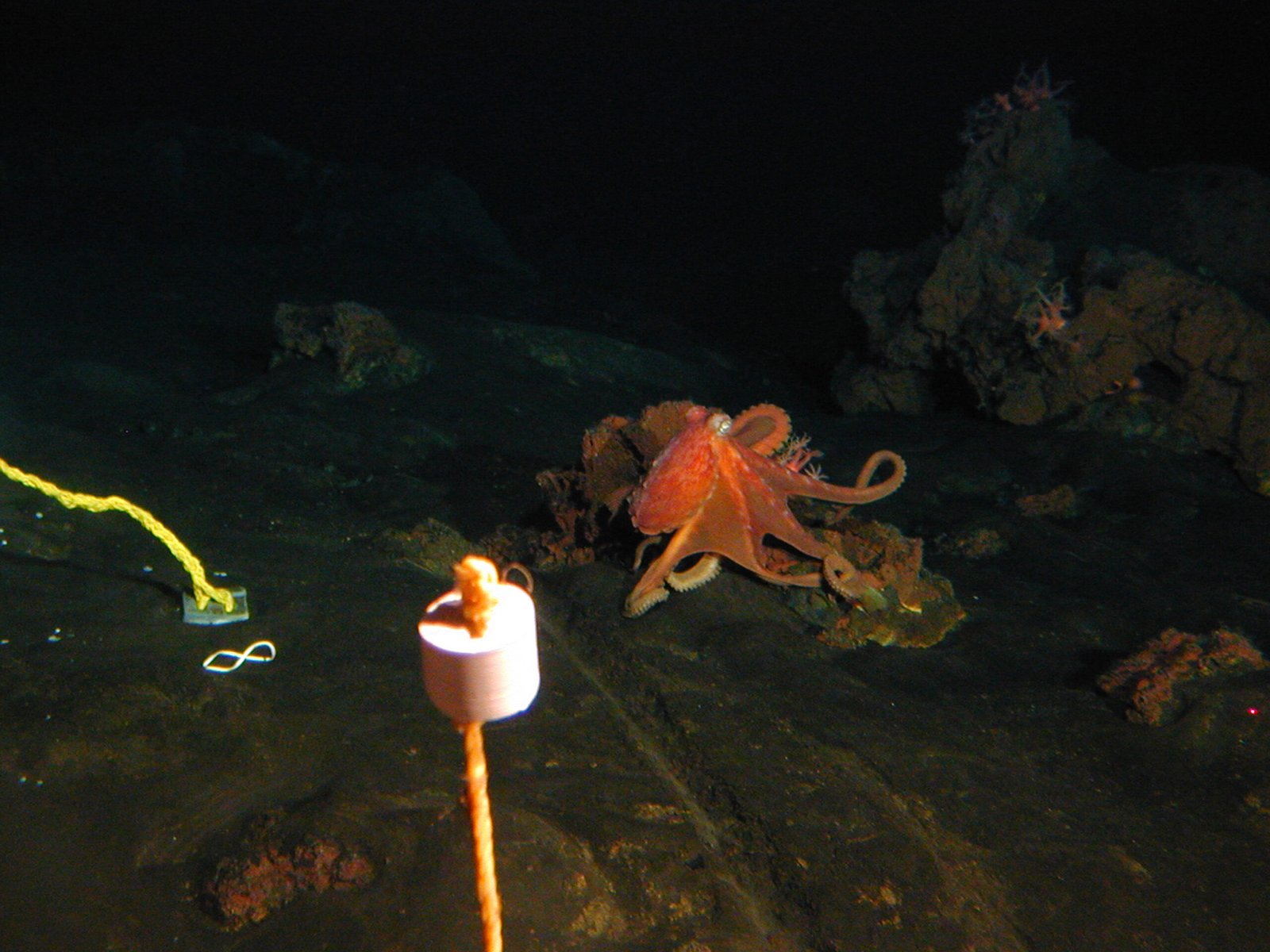
Octopuses often seem like extraterrestrials. With bulbous heads, eight curling arms lined with suckers, and skin that can change color and texture in an instant, their appearance alone is enough to spark wonder and confusion. Unlike most sea creatures, octopuses have no bones, allowing them to squeeze through impossibly small spaces. Their eyes are eerily similar to those of vertebrates, yet their evolutionary path split from ours hundreds of millions of years ago. Seeing an octopus glide through the water feels like watching evolution’s wildest imagination run free.
Brains Unlike Any Other
What really sets octopuses apart is their intelligence. They’re known for escaping aquariums, opening jars, and even using coconut shells as tools. Their brains are decentralized—two-thirds of their neurons are found in their arms, not their head. This means each arm can act almost independently, like having eight mini-brains working together. Scientists are continually shocked by their problem-solving abilities and memory, traits once thought unique to much larger-brained animals. It’s as if evolution granted them a toolkit for survival unlike anything else in the animal kingdom.
The Master of Disguise
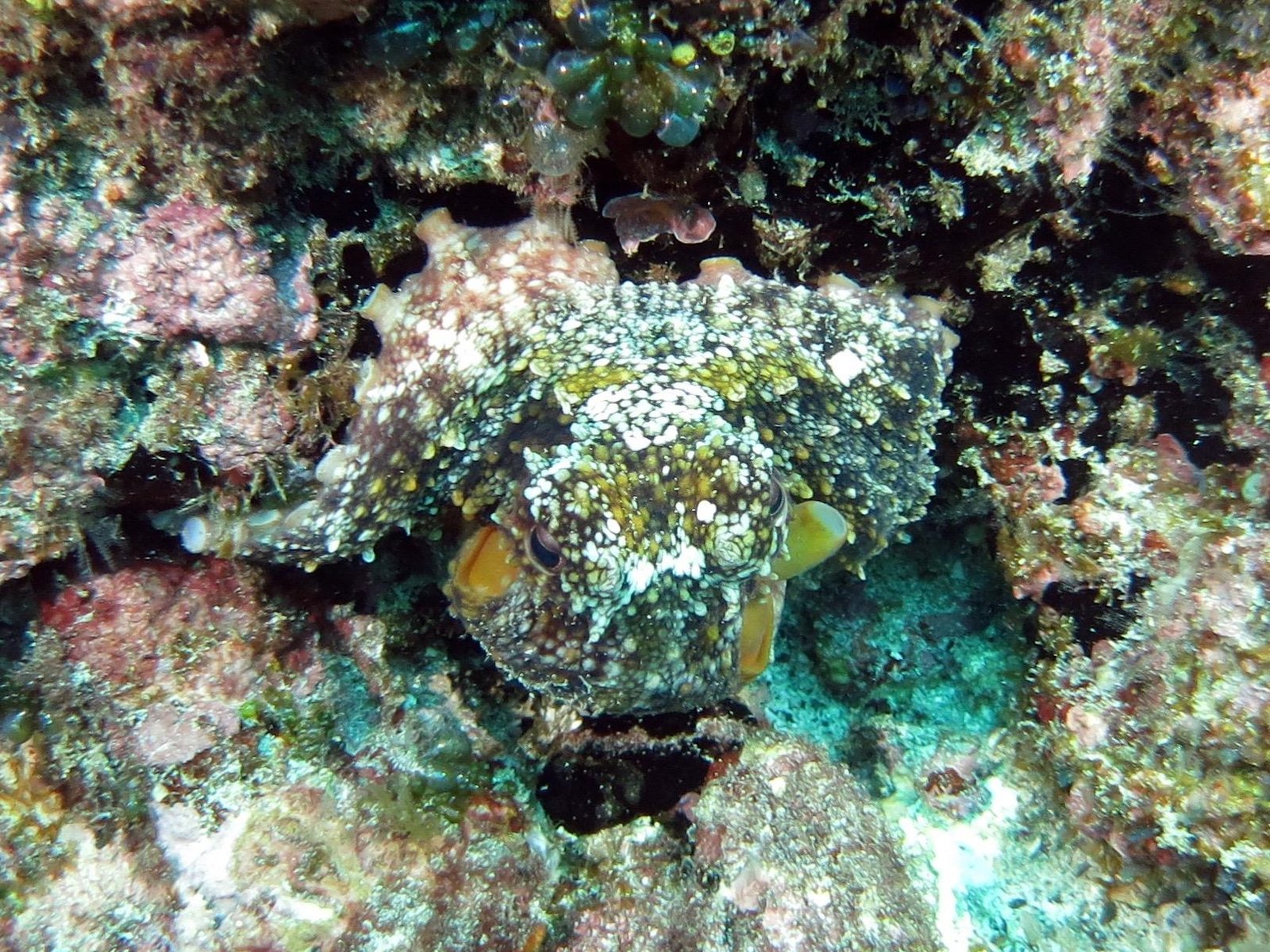
Octopuses are masters of camouflage, able to disappear into their surroundings in the blink of an eye. Their skin contains specialized cells called chromatophores, which allow them to rapidly change color and pattern. Even the texture of their skin can shift, mimicking rocks, sand, or coral. This isn’t just for show—it’s a crucial survival tactic, letting them evade predators and sneak up on prey. The speed and precision of these changes are so stunning that scientists still struggle to fully understand how these abilities evolved.
An Oddball Among Relatives
Within the animal kingdom, octopuses belong to the mollusk family, making them distant relatives of slugs and clams. But while their kin are slow, shelled, and relatively simple, octopuses are agile, shell-less wonders with complex nervous systems. This sharp divergence makes biologists scratch their heads: how did one branch of the mollusk family tree leap so far ahead? Some suggest that a series of lucky genetic mutations set octopuses on a path no other mollusk followed, leaving them evolutionary outliers.
Genetic Marvels and RNA Editing
The octopus genome is a treasure trove of surprises. Not only do they possess an unusually large number of genes, but they also have the remarkable ability to edit their own RNA. This means they can change how their genes are expressed on the fly, giving them a flexibility that’s rare in the animal world. Such genetic acrobatics might help explain their intelligence and adaptability. It’s almost as if nature gave them a backstage pass to rewrite the script of their own biology whenever they need it.
Short Lives, Big Impact
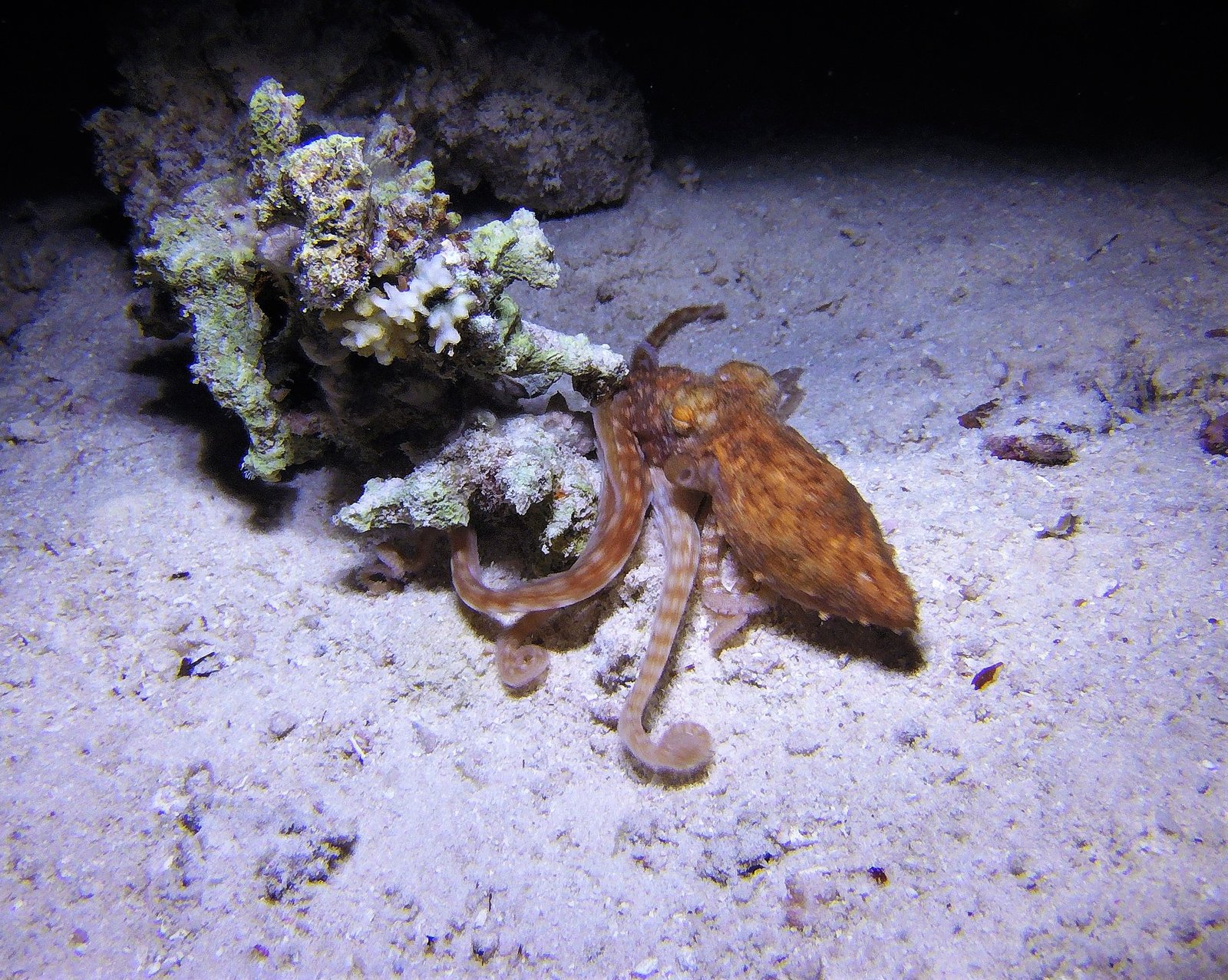
Despite their brilliance, most octopuses have shockingly short lifespans—some live less than two years. After mating, many species die soon after, leaving their eggs to fend for themselves. It’s a heartbreaking twist for such intelligent creatures. Their brief lives make their complex behaviors even more astonishing. Imagine achieving so much in such a short time! The fleeting existence of octopuses adds another layer to their evolutionary mystery.
The Escape Artists of the Sea
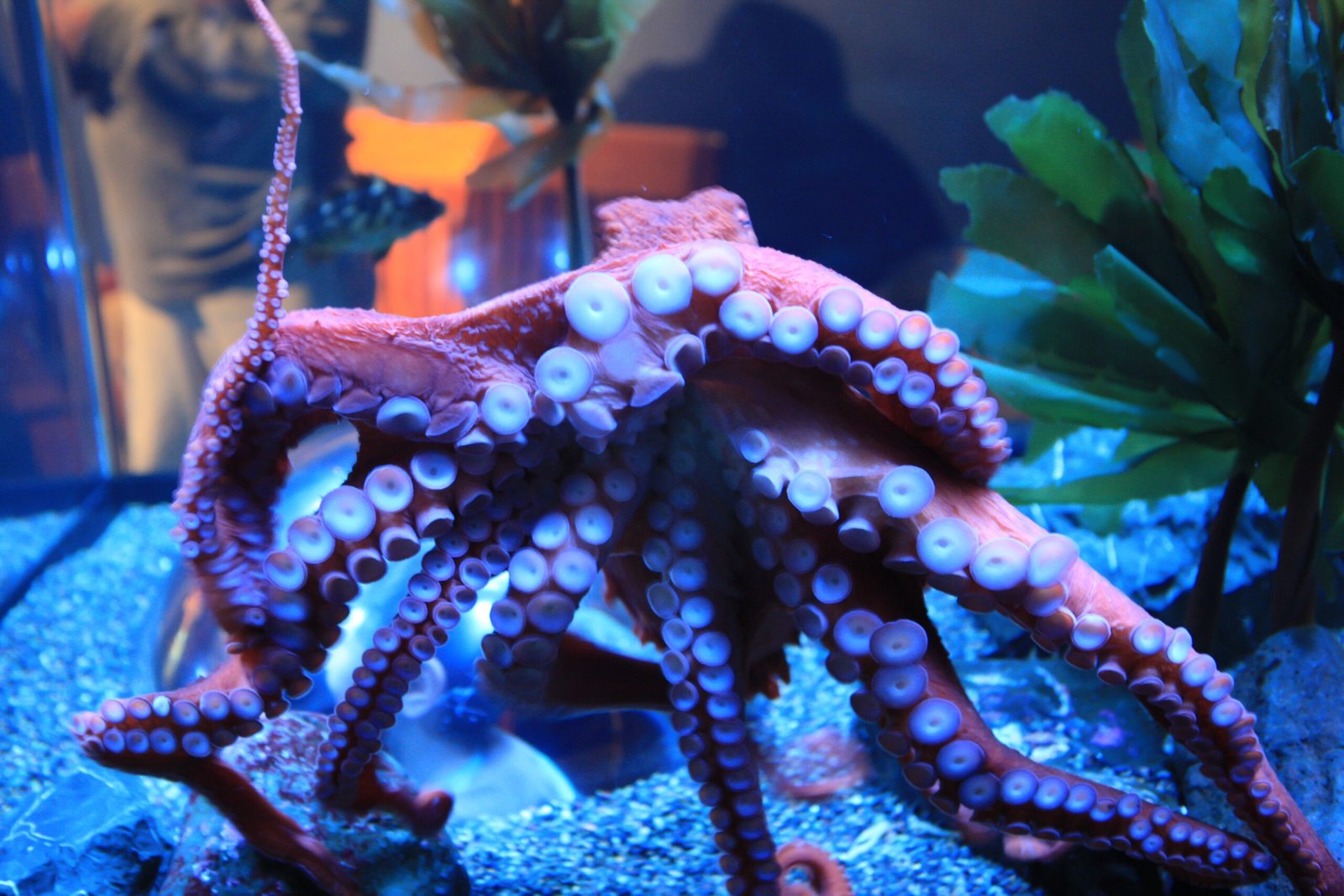
Stories of octopuses escaping from aquariums are legendary. They can unscrew lids, slip through tiny holes, and even walk on land for short distances to find water. Their soft bodies and clever minds make them natural escape artists. One famous example is Inky the octopus, who famously slipped out of his New Zealand aquarium tank, slid across the floor, and vanished down a drainpipe to freedom. These escapades highlight their resourcefulness and drive home just how special they are.
Complex Communication and Emotions
Octopuses don’t just rely on camouflage for communication; they use a range of body signals, postures, and even skin patterns to interact with each other. Some researchers believe these displays hint at a kind of emotional life, with octopuses showing signs of curiosity, playfulness, and even frustration. Watching an octopus explore its environment, solve problems, or react to new situations gives the sense that there’s a rich inner world beneath those watchful eyes.
Surviving in a Hostile World
The ocean is a dangerous place, full of predators and challenges. Octopuses have evolved a dizzying array of defenses: ink clouds to blind attackers, jet propulsion for quick escapes, and the ability to sacrifice an arm to a hungry foe (which can later regrow). Their adaptability is nothing short of remarkable. Each tactic is a reminder of just how inventive evolution can be when creatures are pushed to their limits.
Why the Evolutionary Fluke Theory?
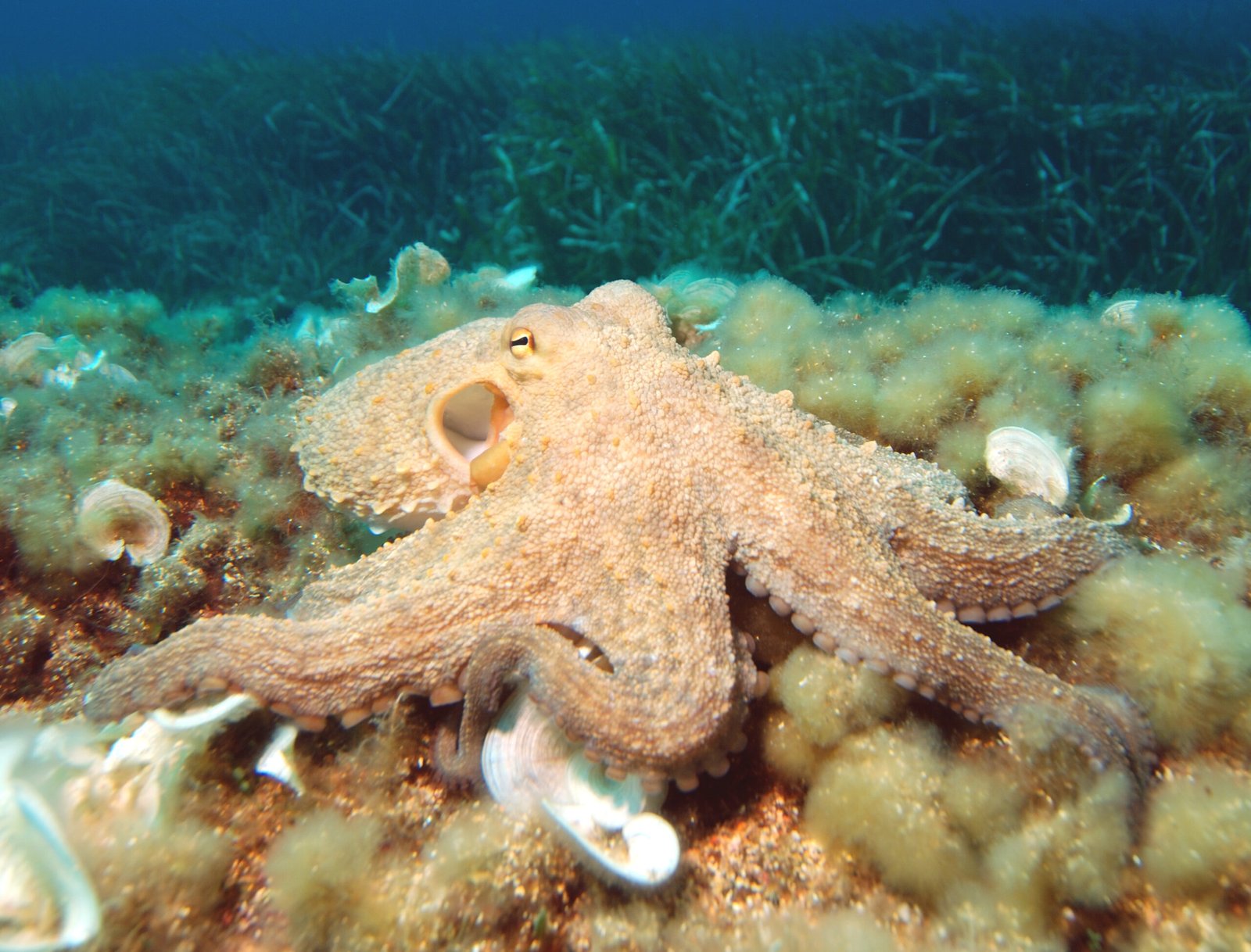
Given all these bizarre traits, many scientists think octopuses might be evolutionary flukes—a lucky accident that produced something entirely unique. Their combination of intelligence, genetic quirks, and physical oddities is so rare that it’s hard to see how it could happen twice. Some wonder if, under different circumstances, octopuses might never have existed at all. Their presence feels like a once-in-a-planetary-lifetime event, a roll of the evolutionary dice that paid off in the most unexpected way.
A Glimpse into Nature’s Wildest Imagination
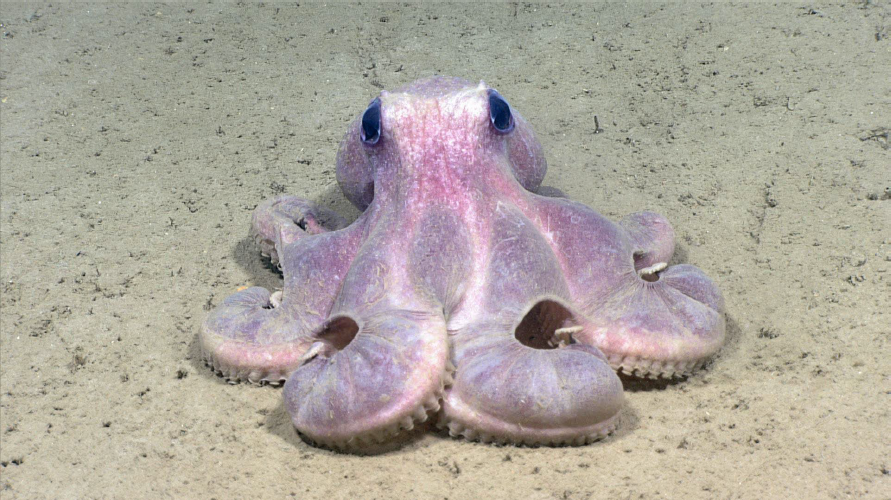
Octopuses challenge everything we think we know about evolution, intelligence, and life itself. Their presence in the ocean is a constant reminder that the natural world is full of surprises. Each time we discover something new about them, it’s as if nature is whispering, “You haven’t seen anything yet.” The story of the octopus invites us to keep exploring, keep asking questions, and never stop marveling at the wonders hidden beneath the waves.




